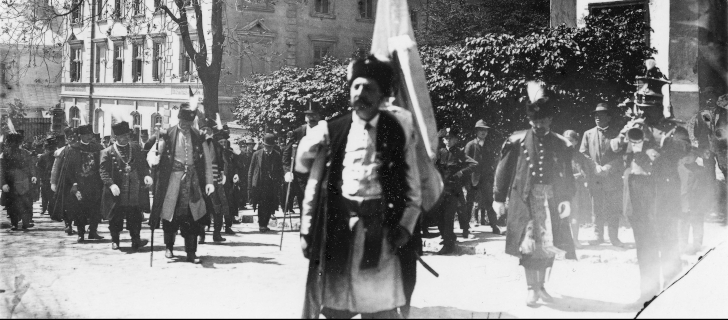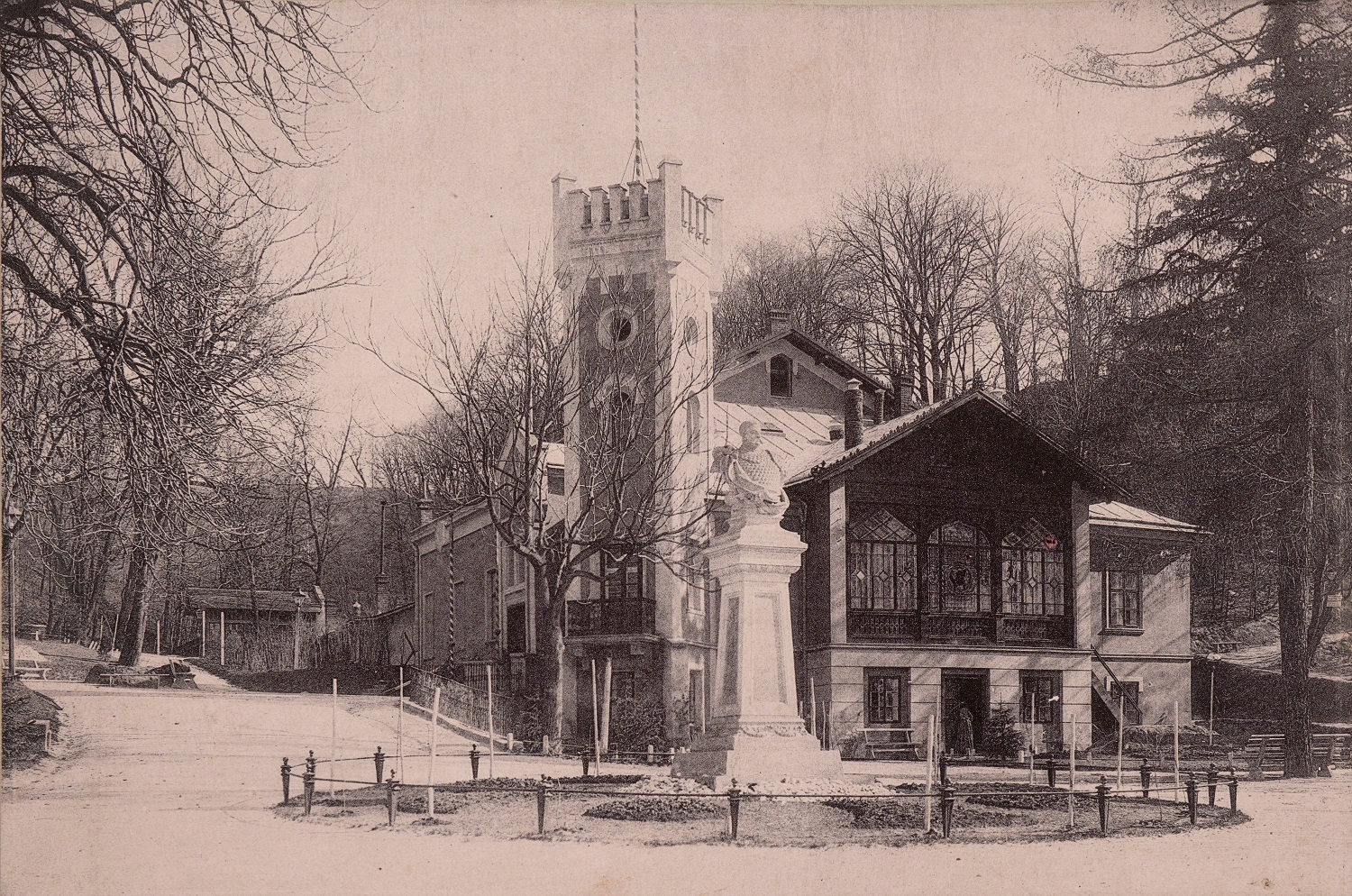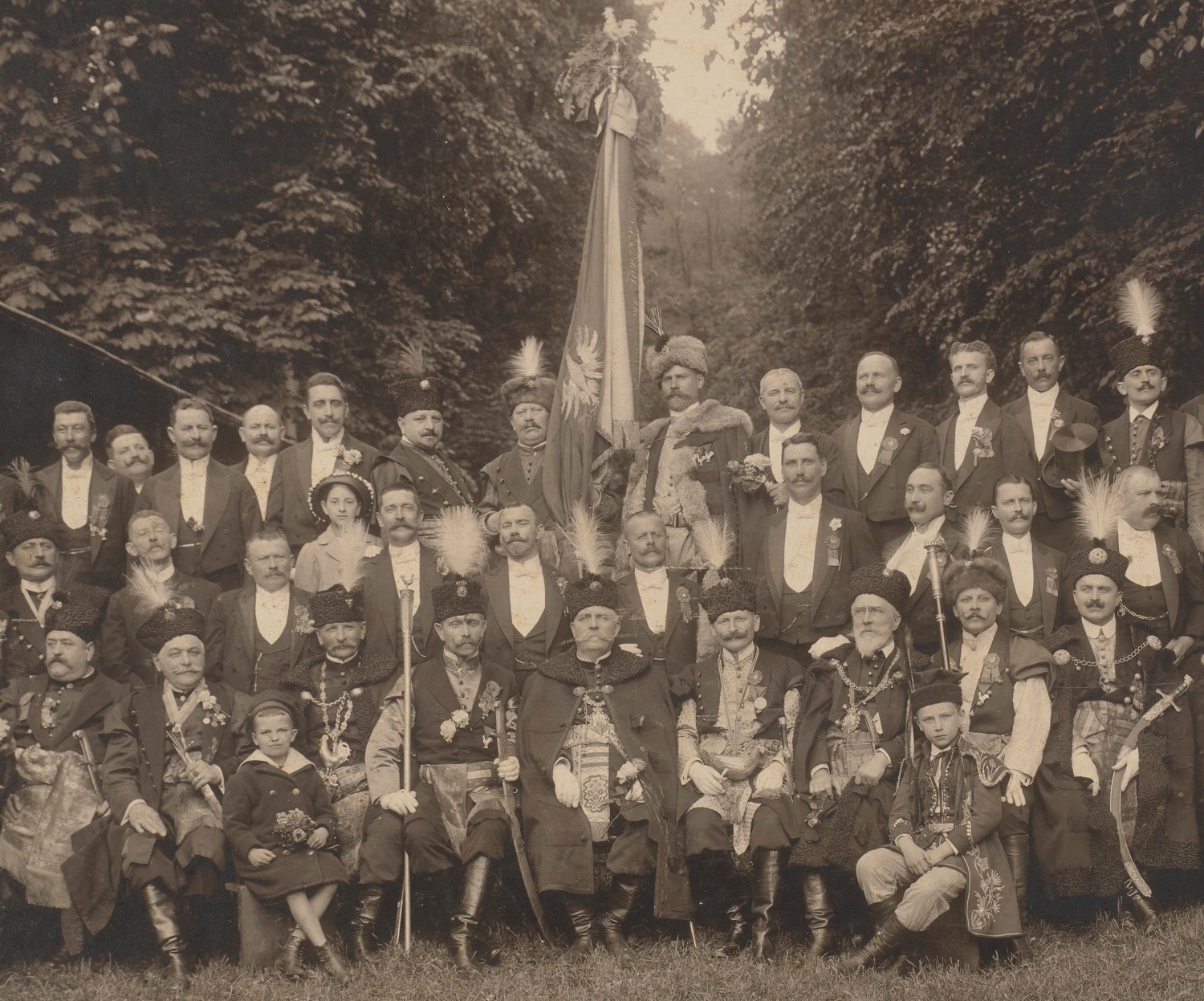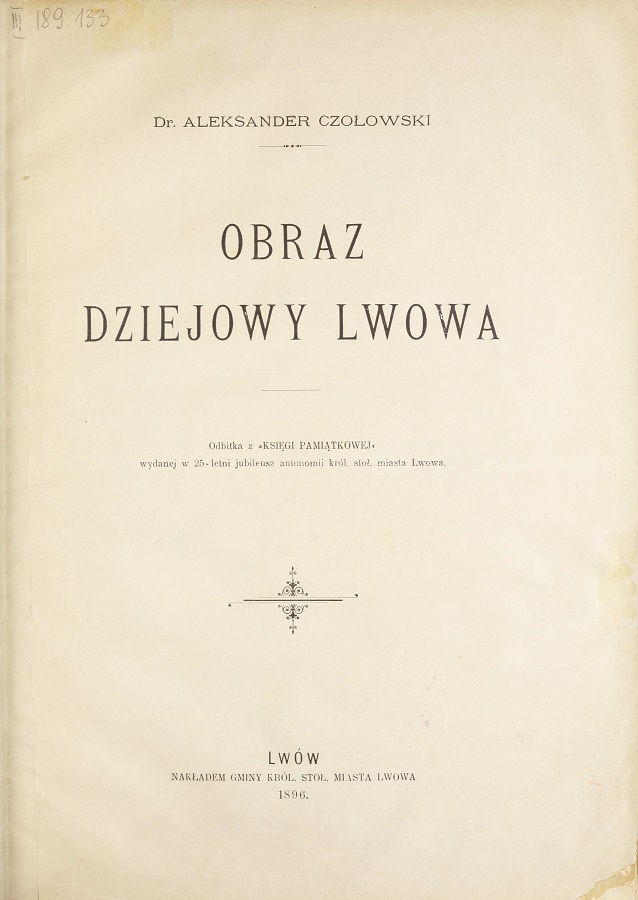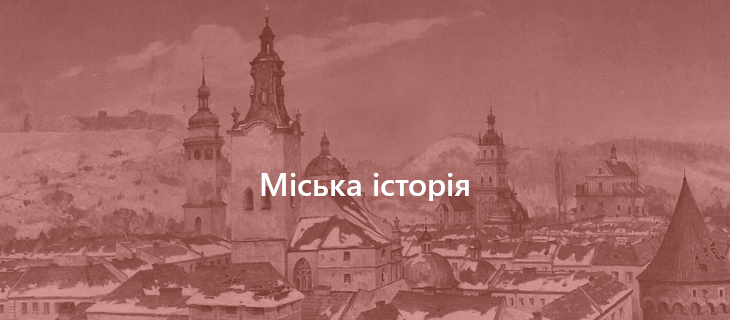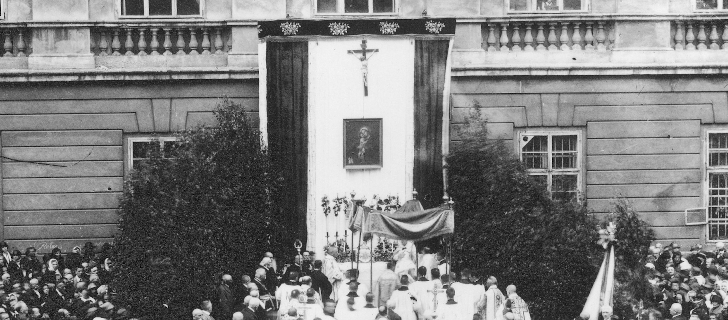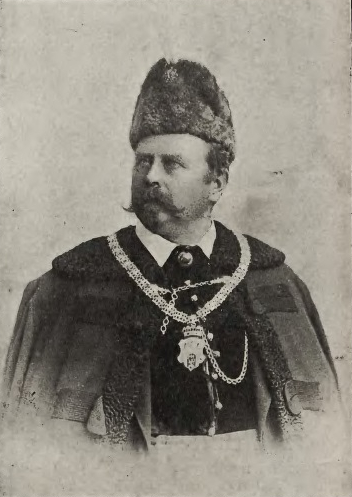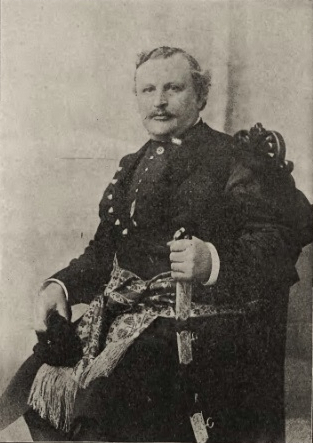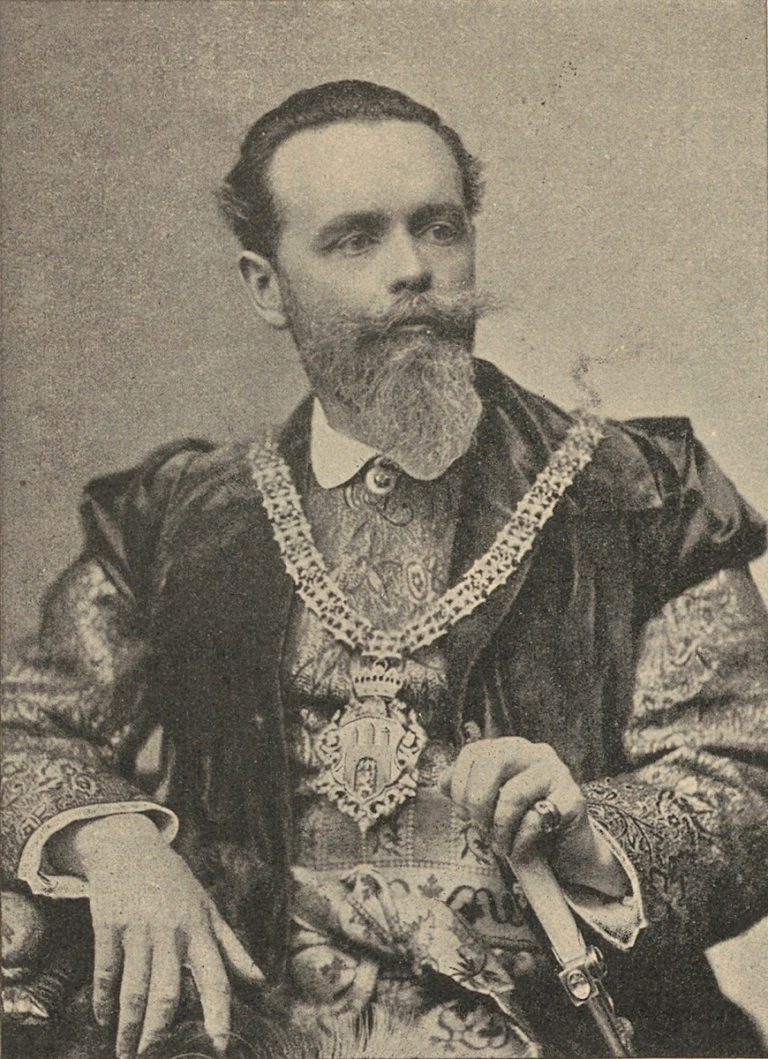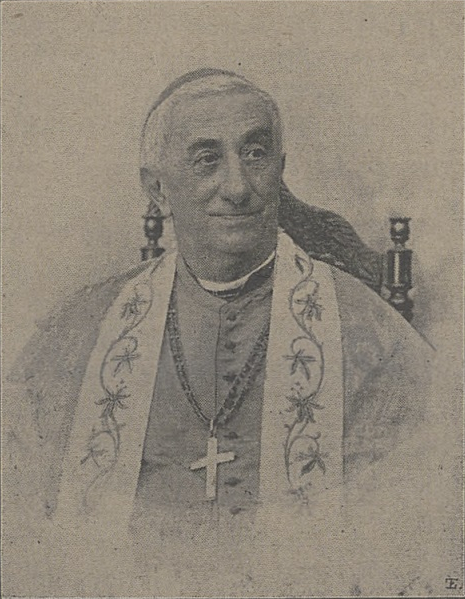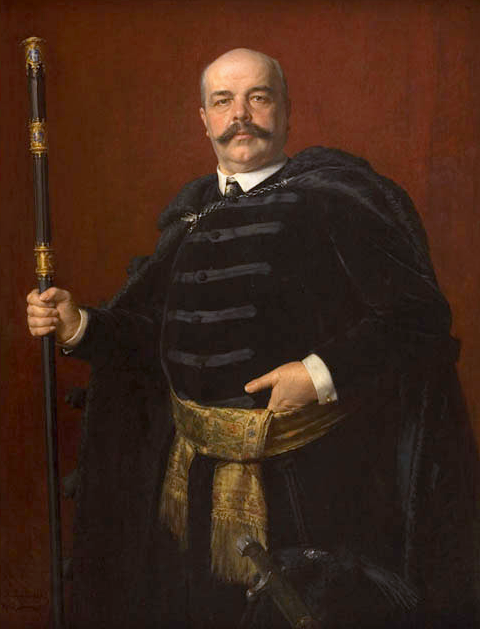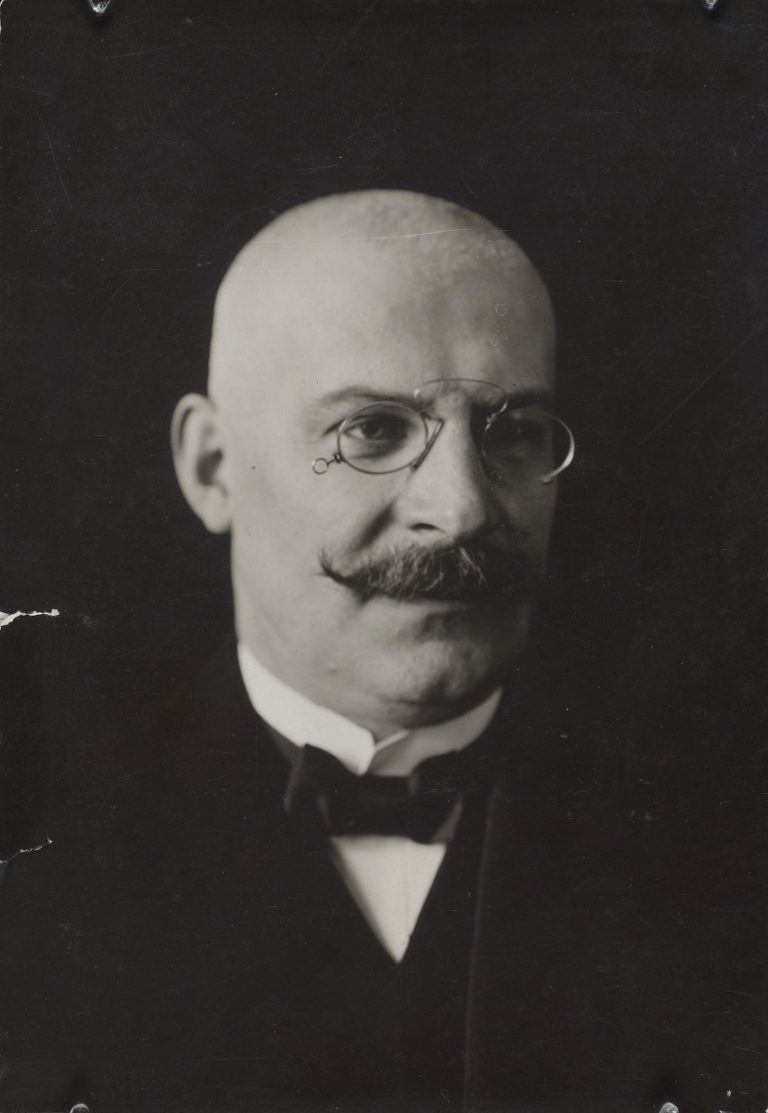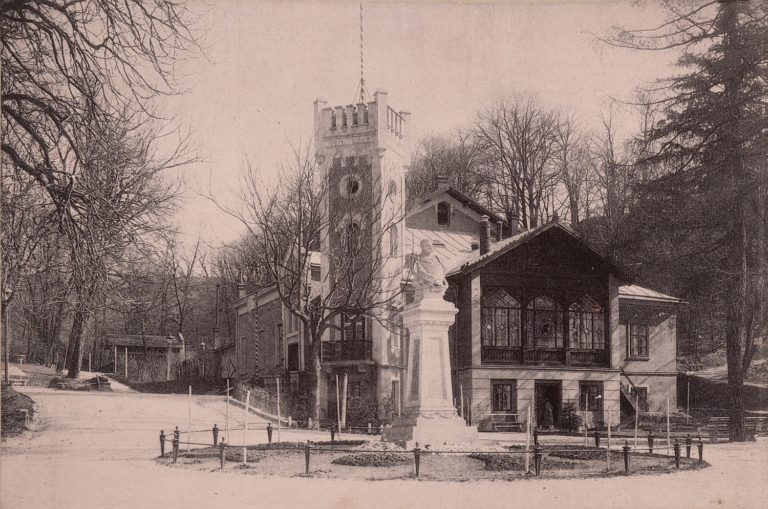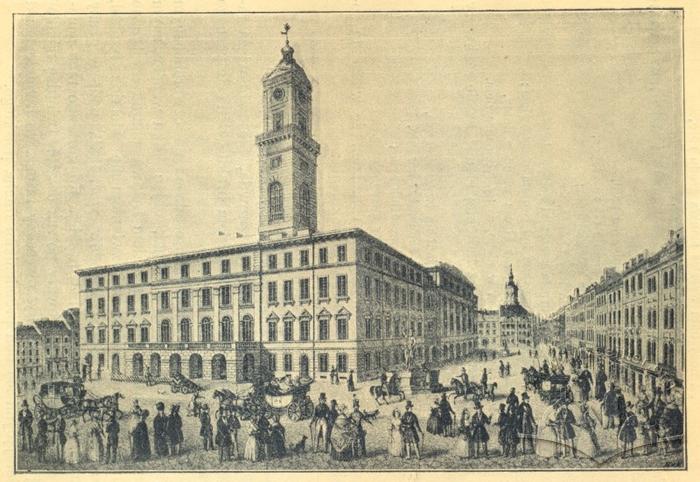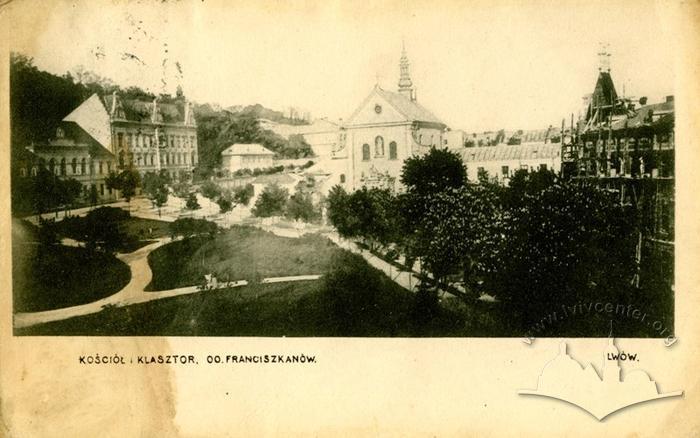On October 18, 1896, the 350th anniversary of the Rifle Association was celebrated in Lviv. It could be an ordinary anniversary of an ordinary organization but for the role of the Strzelnica in the city’s political life in the late 19th and early 20th centuries.
During the period of autonomy, the so-called Strzelnica was actually Lviv's "party of power." Around this association, a specific mechanism of personal relationships was formed in which members of the City Council and the city presidents appeared. Often it was the association chairman who became the president of Lviv. Influential businessmen and representatives of crafts gathered here, though the Strzelnica milieu was quite hermetic. This fact, by the way, casts doubt on the statements about the progress of democracy in Lviv during the times of autonomy, illustrated by electoral victories of craftsmen and entrepreneurs. As the newspaper Dilo aptly stated about the election of the president of Lviv in 1907, "the so-called Strzelnica are wealthy industrialists who rule the City Council."
For that reason, it is not surprising that the Diet (Sejm) marshal, the president of the city of Lviv, future and former presidents, and a large part of the City Council were present at the anniversary celebration, as they were also members of the Rifle Association.
It was also important that the Rifle Association had a long history. During the period of autonomy, everything related to the "good old days of the Polish-Lithuanian Commonwealth" became part of the Polish national narrative and was adopted by Polish politicians. Thus, over time, the Strzelnica turned from a purely city-wide organization into a national one, whose members emphasized the connection with other Polish rifle associations. All the more so since the society had not performed any practical function of "defense of Lviv" for a long time. In early modern times, rifle associations were organizations in which burghers honed their skills in defending their cities and towns. According to the German city legislation (by which Lviv lived after the city was granted Magdeburg law), every citizen had to be able to shoot. King Sigismund II Augustus granted the Rifle Association of Lviv a privilege, making the training of the burghers more or less orderly.
During the period of autonomy, the Lviv Strzelnica was already an elite club, whose task was to "continue the tradition" organizing competitions on the feast of Corpus Christi, electing the "riflemen king" and holding parades.
The course of events
On October 18, 1896, the members of the Society gathered in the Strzelnica premises to solemnly march to the Franciscan monastery for divine service at 9 a.m. The members of the Harmonia choir were the first, then the riflemen’s standard was carried, then the "riflemen king" (the best marksman of the year) could be seen followed by the vice president of Lviv Michał Michalski, then the marshals of the Association, the vice president of the city Stanisław Ciuchciński and the president of Lviv Godzimir Małachowski. Several hundred members of the Association walked in Polish national costumes. Separately, the official delegation of the City Council was represented.
The service in the church was conducted by the Armenian Archbishop Izaak Isakowicz, known for his Polish patriotic position, with the Armenian clergy and Franciscan monks. The choir of the Lutnia society was singing, representatives of Lviv’s guilds with their standards and the general public were present. Naturally, the archbishop's speech was dedicated to Catholicism and patriotism.
In the afternoon, a commemorative plaque was unveiled on the territory of the Strzelnica on the occasion of the anniversary; a lecture on the history of the Rifle Association of Lviv was given in the City Hall at 5 a.m.
At 8 a.m., a banquet began in the Strzelnica premises. Archbishop Isakowicz and Stanisław Badeni, the Marshal of the Sejm, were guests of honour. Michał Michalski raised a toast to the health of the latter speaking about the importance of self-government of the city and the province. Responding to Michalski's words, Marshal Badeni first spoke about the townspeople’s organization and then about Catholicism, sacrifice and love for the homeland. Towards the end of the banquet, commemorative medals were awarded to the best riflemen and congratulatory telegrams from the rifle associations of Krakow and Poznan were read. The orchestra of the 30th Infantry Regiment entertained the guests throughout the event.
Interpretation, ideology, symbols
The members of the Association emphasized that "at the present time" (clearly alluding to the divisions of the Polish-Lithuanian Commonwealth) it was very important to remember history, in particular, the fact that the Strzelnica in Lviv owed its existence to King Sigismund II Augustus. Hence the alleged ties with "all-Polish customs", i.e. shooting competitions during the week after the Pentecost (Green Holidays), as was also customary in Krakow or Poznan.
In the desire to "restore Christian and national traditions", the organizers and ideologues of the anniversary went beyond a simple "commemoration", putting the necessary accents in it. Although the very tradition of burgher societies was drawn from German law (according to which the life of medieval European cities was organized), the director of the city archive, Aleksander Czołowski, decided to start his lecture in the city hall from the time of Casimir the Great and then move on to German influences.
- Александр Чоловський / Aleksander Czołowski
- "Історичний образ Львова" — вступний розділ книги, присвяченої 25-річчю львівського самоврядування. Ймовірно, це було основою для лекції Чоловського, прочитаної з нагоди річниці Товариства / "The Historical Image of Lviv" is the introductory chapter of a book dedicated to the 25th anniversary of Lviv's self-government. It was probably the basis for Czołowski lecture delivered at the anniversary of the Association
The Ukrainian press did not mention the 350th anniversary of the Strzelnica in Lviv at all.
